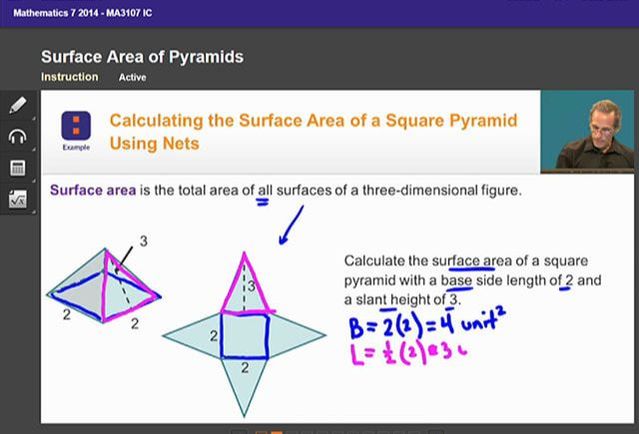Access
Students and their families are exposed to people, programs, resources, and connections that can open doors for them, and they are able to navigate and access those opportunities.
INTRODUCTION
Student growth occurs through access because access expands students' possibilities. As a transformational educator, I must connect my students to people, programs, resources, and experiences that are not easy to access. Connections made to resources outside the classroom showcase to students the application and relevance of what they learn in school. Students are more motivated and likely to persist through high school if they are able to draw connections between what they learn in class and the real-world. Most of my students are less than two years away from high school graduation, so I want to introduce them to opportunities and gateways that will have impact in college and beyond. In addition, I also teach students how to access resources independently. As I plan, interactively model, assess, and connect my students with access points, students learn how to interact with those outside of our immediate school community.
Please click on an image below to view how I make various people, programs, resources, and connections accessible to my students.
Student growth occurs through access because access expands students' possibilities. As a transformational educator, I must connect my students to people, programs, resources, and experiences that are not easy to access. Connections made to resources outside the classroom showcase to students the application and relevance of what they learn in school. Students are more motivated and likely to persist through high school if they are able to draw connections between what they learn in class and the real-world. Most of my students are less than two years away from high school graduation, so I want to introduce them to opportunities and gateways that will have impact in college and beyond. In addition, I also teach students how to access resources independently. As I plan, interactively model, assess, and connect my students with access points, students learn how to interact with those outside of our immediate school community.
Please click on an image below to view how I make various people, programs, resources, and connections accessible to my students.
CONCLUSION
Through virtual tours, field trips, and parenting resources, students are better equipped for success in my classroom and beyond. Our virtual tour of Georgetown University exposed my students to Georgetown's students, campus, and alumni. Students learned what types of questions to ask a campus representative, how to assess for a personal fit, and how to contact alumni. Our visit to Morgan State University gave students access to a historically black university with an incredibly wide range of programs and course offerings. Students learned how to prepare for college admissions, and how to leverage college to attain their dream career. Both college tours gave my students access to numerous current college students and alumni. Both experiences also broadened and deepened my students' knowledge of how to research, apply to, and decide on attending a university. Finally, I connected my students with pre and post-natal resources through online learning, community members, baby supply drives, and health centers. All students at my school now have access to free tutors, doctors, babysitters, meals, counselors, and more, which gives them greater support to continue their education.
Through virtual tours, field trips, and parenting resources, students are better equipped for success in my classroom and beyond. Our virtual tour of Georgetown University exposed my students to Georgetown's students, campus, and alumni. Students learned what types of questions to ask a campus representative, how to assess for a personal fit, and how to contact alumni. Our visit to Morgan State University gave students access to a historically black university with an incredibly wide range of programs and course offerings. Students learned how to prepare for college admissions, and how to leverage college to attain their dream career. Both college tours gave my students access to numerous current college students and alumni. Both experiences also broadened and deepened my students' knowledge of how to research, apply to, and decide on attending a university. Finally, I connected my students with pre and post-natal resources through online learning, community members, baby supply drives, and health centers. All students at my school now have access to free tutors, doctors, babysitters, meals, counselors, and more, which gives them greater support to continue their education.



